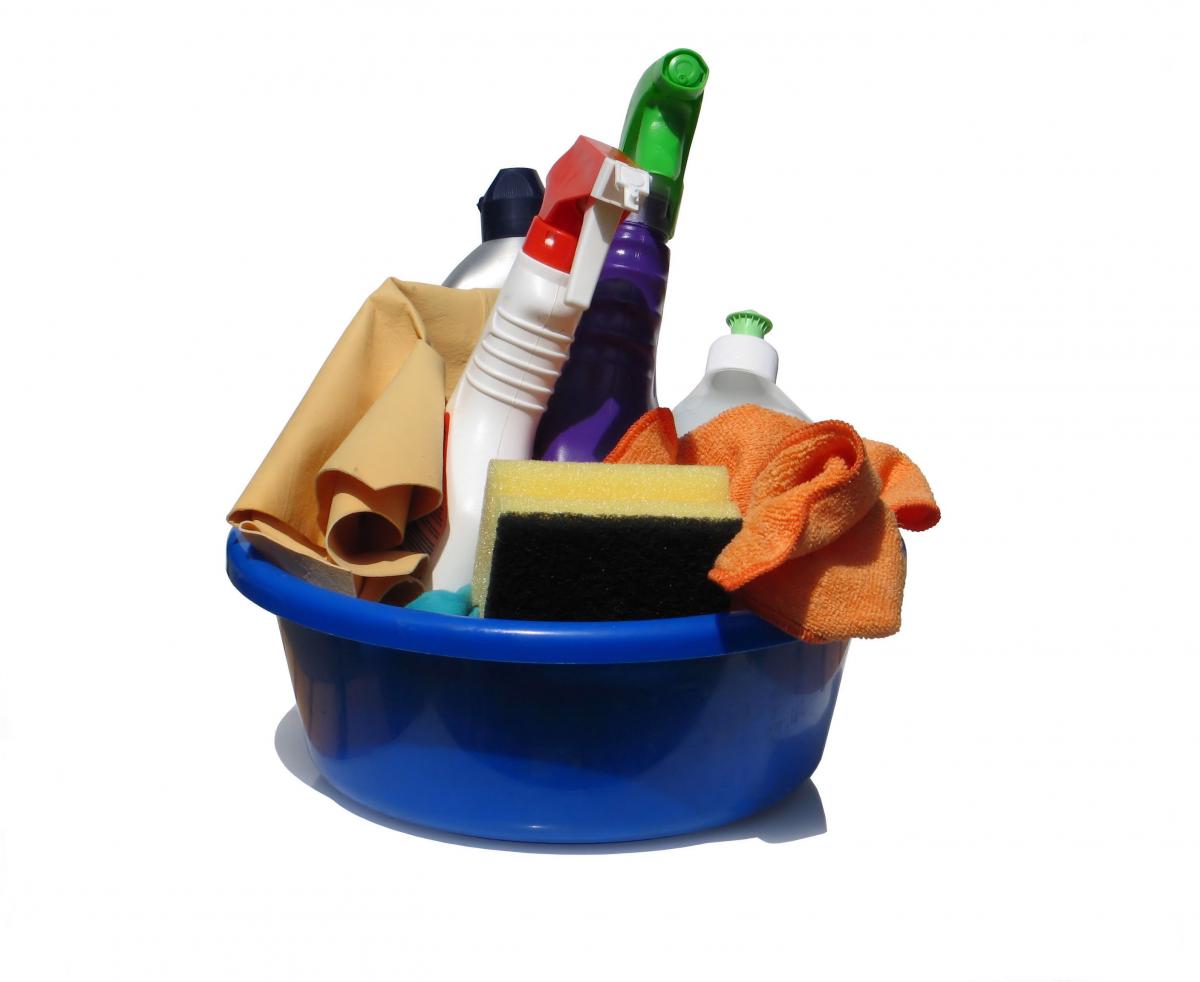 The Centers for Disease Control estimate that annually 48 million Americans get sick, 128,000 are hospitalized and 3,000 die from food and beverage borne illnesses. Your compliance with the regulations enacted to reduce these numbers is a legal obligation, a moral imperative and good for business. You didn’t get into this business to break the law or make your customers sick. You did get into it to make a living by making folks happy. A sensible collection of safety and sanitation policies and procedures implemented now behind your bar can go a long way to ensuring that you are keeping hazards out of the drinks you serve and keeping your customers safe and coming back to your establishment.
The Centers for Disease Control estimate that annually 48 million Americans get sick, 128,000 are hospitalized and 3,000 die from food and beverage borne illnesses. Your compliance with the regulations enacted to reduce these numbers is a legal obligation, a moral imperative and good for business. You didn’t get into this business to break the law or make your customers sick. You did get into it to make a living by making folks happy. A sensible collection of safety and sanitation policies and procedures implemented now behind your bar can go a long way to ensuring that you are keeping hazards out of the drinks you serve and keeping your customers safe and coming back to your establishment.
Your ultimate goal should be establishing written safety and sanitation policies and procedures for your bar. Here are some key areas of concern and action that you can get started on right away and that can provide a starting point for those policies and procedures.
ICE: Whatever goes into one of your drinks has the potential to make your patrons sick and needs to be treated as such. Ice qualifies and care should be taken to ensure it is safe and sanitary.
- Designate containers for the transfer of ice from ice machines to the bar. Residue on food receptacles or bus buckets has the potential to cross contaminate ice.
- Make ice scoops available at all ice stations and insist that your bar staff use them. Hand scooping can transfer dirt and bacteria from hands to ice. Scooping ice with glasses is lazy and stupid and creates the possibility of shards ending up in the bin.
- Never store cans or bottles in the ice you are using to make drinks. Cans and bottles get dirty during storage and delivery. If they need to be kept cold should they should be stored in refrigerators or in separate ice bins.
- The ice in your ice bins should be melted at the end of every day, and the bins cleaned and sanitized. Water at the bottom of these bins is a breeding ground for bacteria.
GARNISH: Many if not all of the garnishes used at the bar carry more risk of spoilage than biological hazard – but only if handled correctly.
- The outside of all fruit should be rinsed prior to preparation.
- Prior to preparing garnishes, bar staff should be sure to properly wash their hands and clean and sanitize cutting boards and knives.
- Garnishes should be stored in receptacles specifically designated for that purpose.
- Garnishes should be stored covered and refrigerated to discourage spoilage.
- Customers should never be allowed to pick garnishes out of garnish trays….you don’t know where those hands have been!
GLASSWARE: Nothing is worse than lipstick on the rim of a glass – except the other stuff that you can’t see. Glassware should be clean and sanitary.
- In sink glass washers are good, glass washing machines are better. In either case it is important to maintain the wash water and rinse cycle temperatures recommended for the detergent and sanitizer being used.
- Washed glasses should never be carried by the rim -- dirty hands.
- Glassware should be stored on a mat that allows for air flow around the glass. Those mats should be cleaned and sanitized regularly.
BAR SURFACES: It is important to patrons that your bar appears clean and organized. It is just as important that bar surfaces remain sanitary.
- Your bar rag is supplying the perfect environment for bacteria to grow and every time you wipe the bar down with it you are really spreading bacteria around. To make good use of your bar rags and keep the bar clean and sanitized, get yourself one bucket filled with cleaner and one filled with sanitizer and use both frequently.
- It’s tough to keep a bar floor dry and consequently free from bacteria. Floors and mats should be cleaned and sanitized on a regular basis. Leaking equipment, pipes and slow or clogged drains need to be repaired immediately. They are unsanitary and smell bad.
- Caustic cleaning chemicals should never be used around the bar. There are too many consumables being prepared there making it likely that those chemicals will find their way into drinks.
BAR STAFF: Your staff and their compliance are the key to an effective safety and sanitation program at your bar.
- Require your staff to report if they are ill or are experiencing symptoms of a food and beverage borne illness. Keep them away from consumables if they do.
- Your employees should practice good personal hygiene. Enough said really.
- Employees should wash their hands frequently. Proper hand washing is for a duration of twenty seconds using soap and hot water. Gloves and sanitizers are not a substitute for hand washing. Your staff should wash their hands after using the restroom; after eating, drinking or smoking; after touching their hair or face; after coughing sneezing or blowing their nose; after clearing dirty dishes; after using chemicals or pesticides and after taking out the trash.
